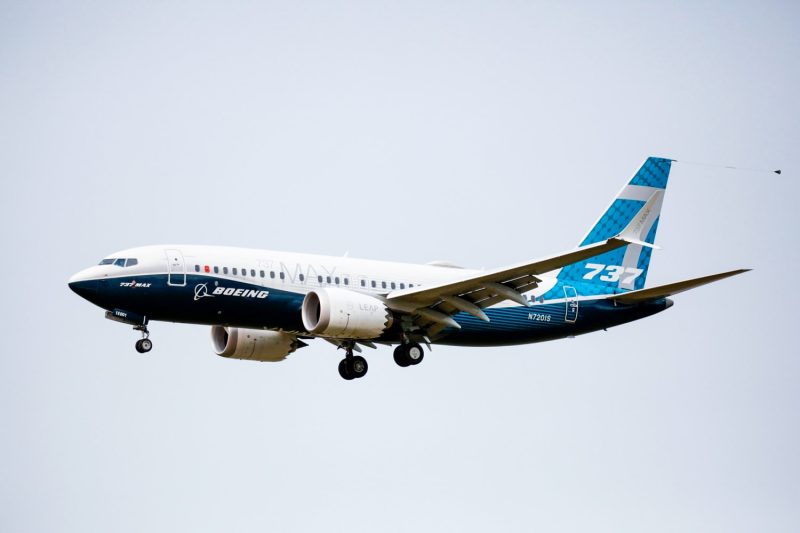In a recent development in the ongoing legal battles surrounding the two fatal Boeing 737 Max crashes, a U.S. federal judge has rejected a plea deal proposed by Boeing to settle criminal charges related to the accidents. The plea deal, which would have seen Boeing agree to pay a substantial monetary penalty in exchange for avoiding criminal prosecution, was met with strong opposition from the judge due to concerns about the adequacy of the proposed settlement and the potential impact on the families of the crash victims.
The two crashes involving Boeing 737 Max aircraft, which occurred in 2018 and 2019, led to the deaths of 346 people and raised serious questions about the safety of the aircraft as well as Boeing’s handling of the situation. Investigations into the crashes revealed that a faulty automated system known as the Maneuvering Characteristics Augmentation System (MCAS) played a significant role in both accidents, leading to the grounding of the 737 Max fleet worldwide and a major crisis for the aviation industry.
In response to the criminal charges brought against the company, Boeing had sought to negotiate a plea deal with the Department of Justice (DOJ) that would have allowed it to avoid a trial and potential further legal action. However, the proposed deal faced criticism from various parties, including families of the crash victims, who argued that Boeing should not be let off the hook so easily and that the proposed settlement amount was insufficient given the scale of the tragedy.
The rejection of the plea deal by the federal judge signals a significant setback for Boeing and underscores the challenges the company continues to face in addressing the fallout from the 737 Max crashes. The decision to pursue criminal charges against Boeing sends a strong message that accountability and justice must be upheld, particularly in cases where negligence or misconduct has resulted in loss of life.
Moving forward, Boeing will need to navigate a complex legal landscape as it grapples with the repercussions of the crashes and works to rebuild trust with regulators, customers, and the public. The company has already made significant changes to its safety protocols and management structure in the aftermath of the accidents, but much work remains to be done to restore its reputation and ensure the safety of its aircraft.
As investigations continue and legal proceedings unfold, the focus is now on ensuring that justice is served for the victims of the 737 Max crashes and that lessons are learned to prevent similar tragedies in the future. The rejection of Boeing’s plea deal is a reminder that accountability and transparency are essential in the pursuit of aviation safety, and stakeholders will be closely watching to see how the company addresses the challenges ahead.

